Publications
Articles, publications, books, tools and multimedia features from the U.S. Institute of Peace provide the latest news, analysis, research findings, practitioner guides and reports, all related to the conflict zones and issues that are at the center of the Institute’s work to prevent and reduce violent conflict.
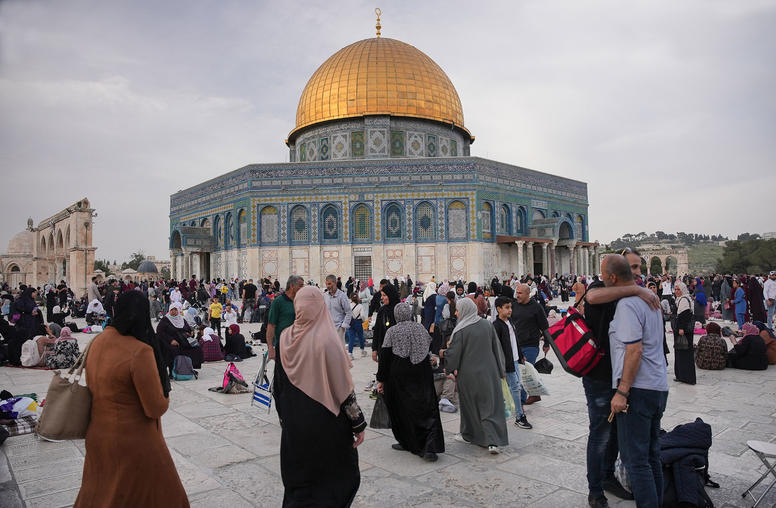
‘Firefighting’ Diplomacy Will Not Achieve Peace Between Israelis and Palestinians
The good news is that there are intensive regional and international efforts to avoid another Israeli-Palestinian war. The preventive effort has been extensive, and the United States seems to be carefully monitoring the situation. The bad news is the reconfirmation of what most already know: the Israeli-Palestinian status quo is volatile and not sustainable. The resulting successive wars only take us many steps further away from peace.
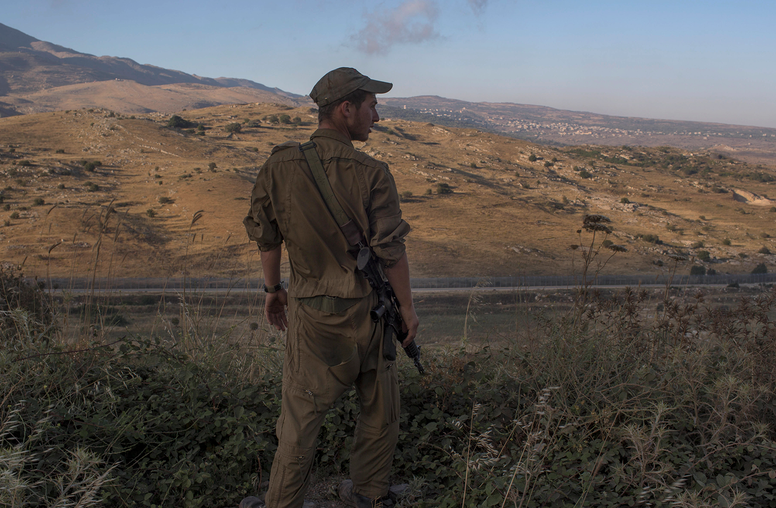
I almost negotiated Israel-Syria peace. Here’s how it happened.
In the summer and fall of 2010, American mediation aiming for peace between Israel and Syria was gaining momentum. Both sides had agreed that the United States could table a draft treaty and shuttle the text between Damascus and Jerusalem for comments and proposed revisions.
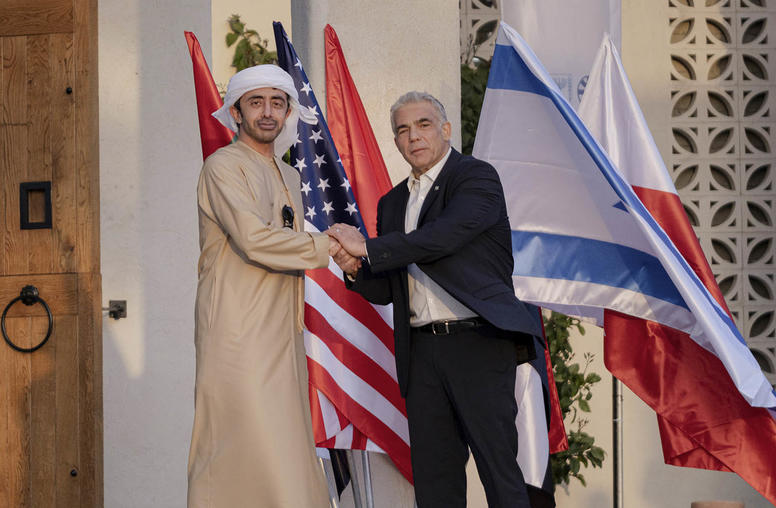
Historic UAE-Israel Trade Deal Proves Abraham Accords' Resilience
Nearly two years since the signing of the Abraham Accords — U.S.-brokered agreements normalizing Israeli relations with the UAE and Bahrain — the bilateral hope and promise encapsulated in that diplomatic achievement have borne fruit in several arenas. This is particularly the case between Israel and the UAE, underscored most recently by the Free Trade Agreement (FTA) signed between the two countries on May 31. Indeed, the agreement follows a steady pace of warming ties and joint endeavors since the two countries agreed to normalize ties in 2020.
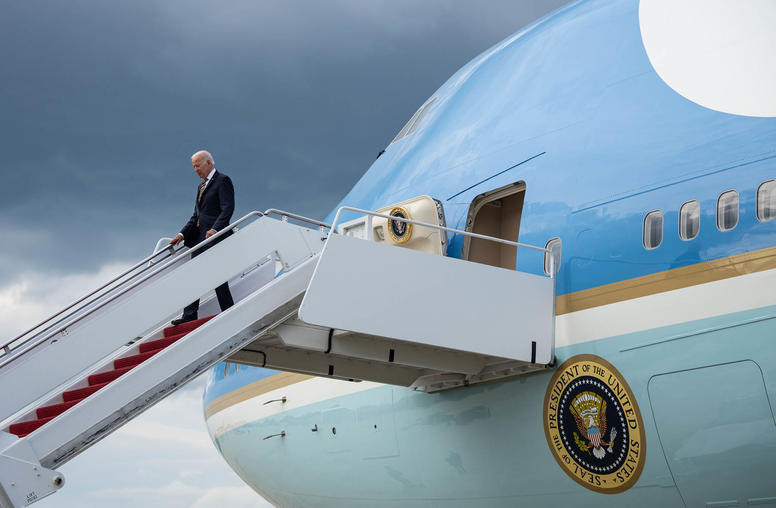
Biden’s Trip, and Ukraine’s War, Could Boost the Abraham Accords
President Biden’s Middle Eastern diplomatic mission this week contrasts with news reports and public discussion in the past year suggesting that the region has become a lesser priority for U.S. foreign and security policy. Biden’s visits to Saudi Arabia, Israel and the Palestinian West Bank territory build on a reality that Middle Eastern states have been knitting new relations, notably via the 2020 Abraham Accords. They are doing so in ways that Biden’s visit, and overall U.S. diplomacy, can advance.
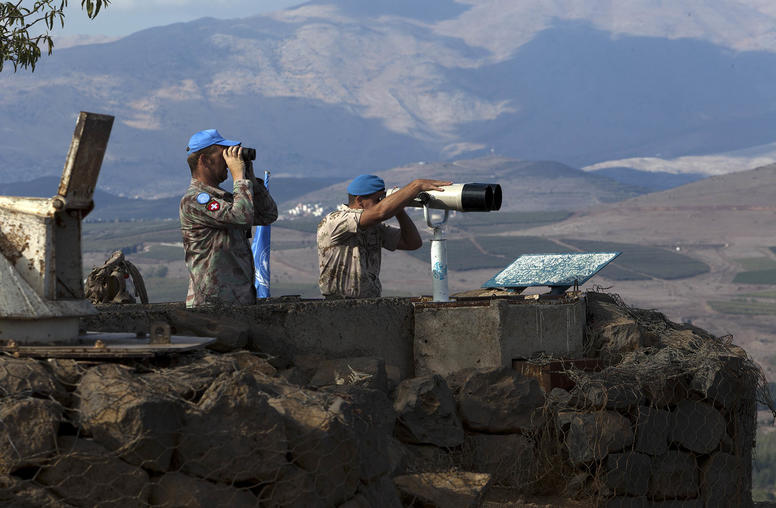
Could Syria Have Been Saved by a U.S. Effort to Bring It to Peace with Israel?
Over a decade into Syria’s civil war, it’s hard to fathom the country at peace and integrated with the international community. The Assad regime’s brutal oppression of protests in March 2011 sparked more than 10 years of violence, conflict and tragedy in the country. But in the weeks before, there was quiet hope that a clandestine U.S. effort could broker a land-for-peace deal between Israel and Syria. For Syria, such a peace agreement would have resulted in the lifting of U.S. sanctions and financial assistance, trade and investment from the international community, giving Syrians hope for a better future.
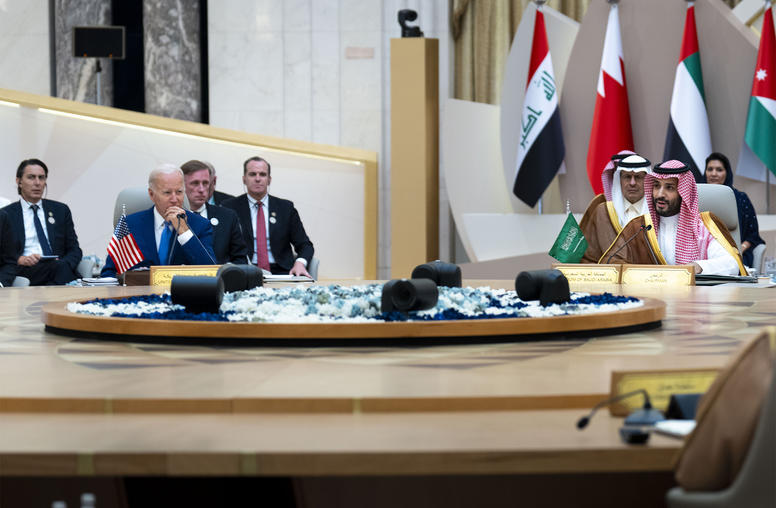
Five Takeaways from Biden’s Visit to the Middle East
President Biden made his first trip to the Middle East last week, visiting Israel and Saudi Arabia. While the trip yielded little in the way of flashy announcements — like new normalization agreements or Saudi Arabia boosting oil production — it did demonstrate that the United States remains focused on enhancing the region’s security architecture, particularly to counter Iran. Still, there were some notable developments, like a U.S.-Saudi agreement to build 5G and 6G telecommunications networks and Riyadh opening airspace to Israeli flights. On the Israeli-Palestinian front, the president affirmed Washington’s long-standing commitment to Israel and said that now was not the time to reengage on peace talks with the Palestinians.
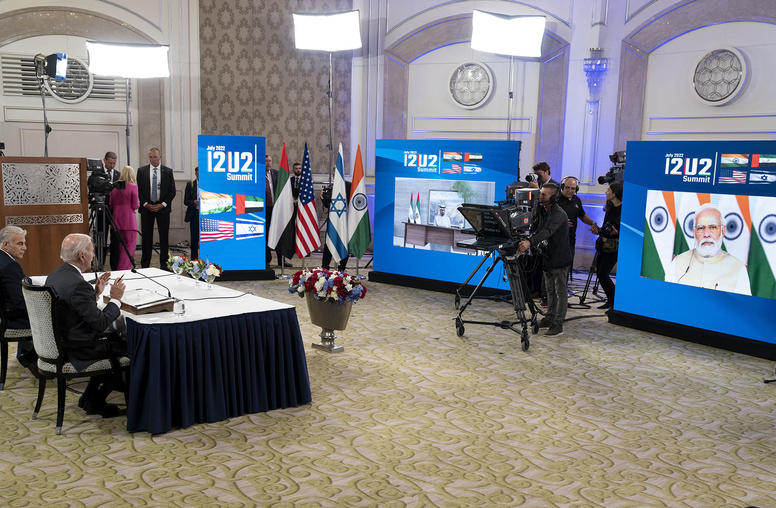
What You Need to Know About the I2U2
As part of his visit earlier this month to the Middle East, President Biden participated in the first leaders summit of a new grouping made up of Israel, India, the United Arab Emirates and the United States. Known as the I2U2, the countries’ foreign ministers formed the bloc in the fall of 2021 to deepen technological and private sector collaboration in the region and tackle transnational challenges in six focus areas: water, energy, transportation, space, health and food security. Beyond the announcement of a food security initiative and a hybrid renewable generation facility for India, little was revealed about what’s next for I2U2.
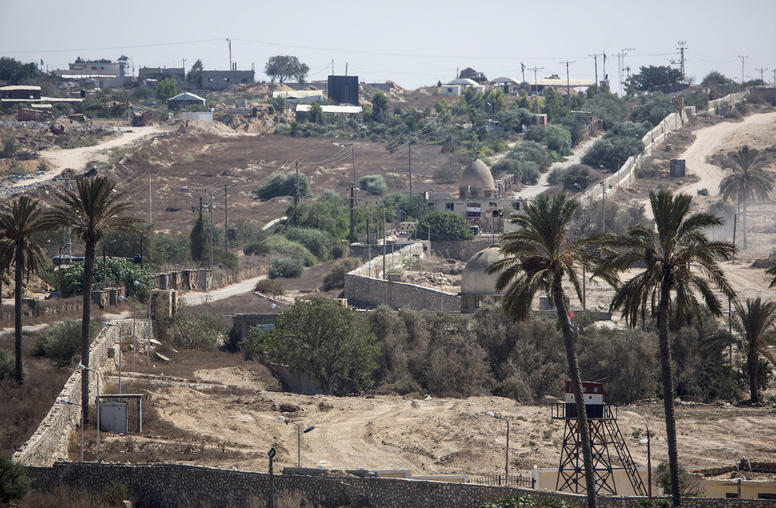
In Gaza, Israelis and Palestinians Face a Common Foe in Coronavirus
On March 22, authorities in Gaza affirmed the inevitable: the first two confirmed cases of COVID-19 in the Gaza Strip. Gazan officials reported that the two men were immediately quarantined upon entry via Egypt’s Rafah border crossing with the enclave and have remained there, along with all those who had been in contact with them. Yet, since then, the number of confirmed cases has jumped to 10, and the question of how long a further spread of the virus into Gaza can be contained weighs heavily for this densely populated territory, long beleaguered by wars and severe deficiencies in its healthcare infrastructure.
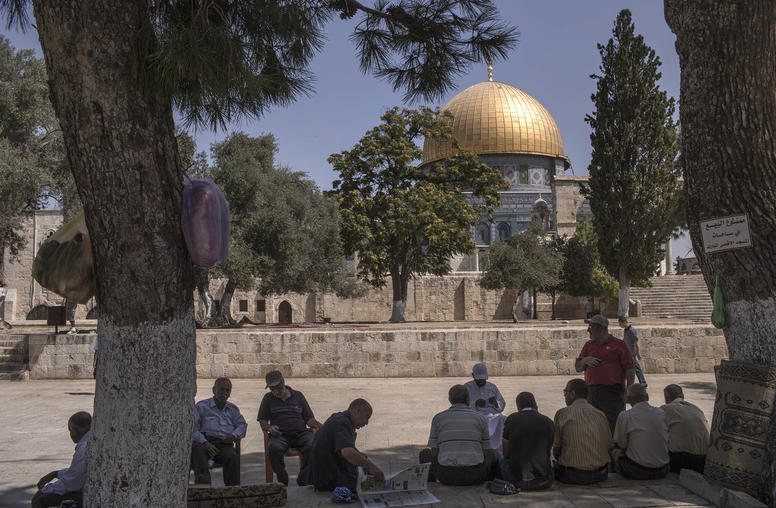
U.S., Israel and Palestinians Tie Knot of Self-Delusion
Diplomats, politicians and analysts have invoked a range of obstacles over the years to explain why Israelis and Palestinians can’t make peace: The time is not ripe; there is no partner; there isn’t enough pressure on one party or the other; one side is willing but unable to make concessions, the other is able but unwilling. Now, as the world focuses on the coronavirus pandemic and its economic repercussions, we can add another, more inclusive explanation: Israeli, Palestinian, and American leaders have all embraced self-delusion on the road to pyrrhic victory.
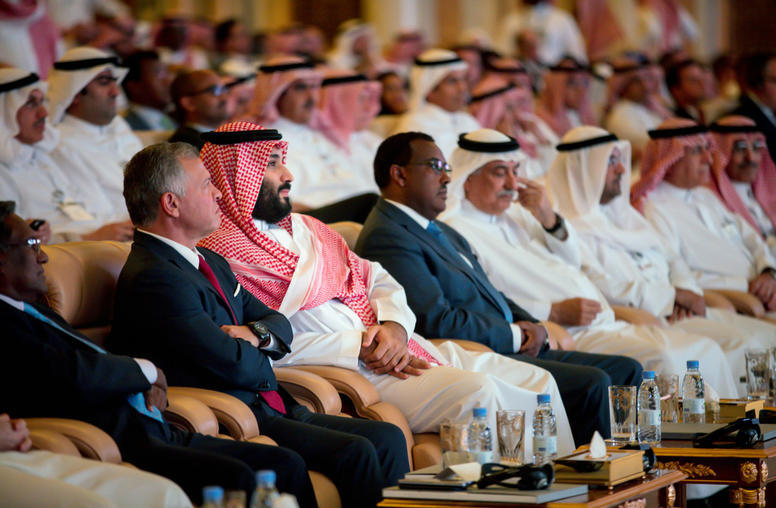
Jordan Sees Danger in Trump’s Middle East ‘Vision’
The Hashemite Kingdom of Jordan has long been a cornerstone of Middle East stability, wielding significant political and strategic influence in the region. As a small country with a weak economy bordered by Syria, Iraq, Saudi Arabia, Israel, and the occupied Palestinian territories, adroit diplomacy is one of its key national resources. Now, Jordan faces a fresh diplomatic challenge: the potential impact of President Trump’s plan for the Israeli-Palestinian conflict on its strategic interests and very future. In the months ahead, Jordan—a crucial partner to the U.S., Israel, and the Palestinians—faces a critical juncture in its relations with both the U.S. and Israel coupled with unprecedented internal challenges.